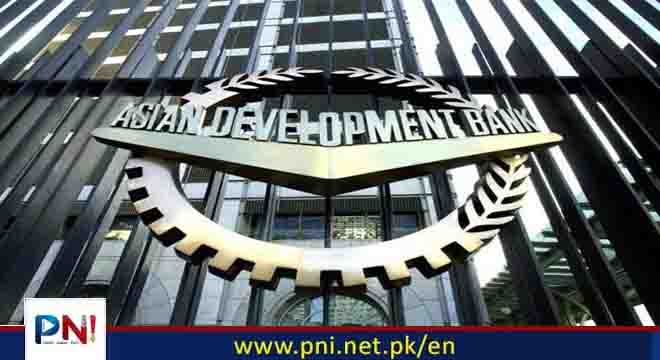ISLAMABAD, Sep 6 :The Asian Development Bank (ADB) has approved an ambitious new road map to guide its evolution and scale up its support on key challenges facing Asia and the Pacific, including accelerated efforts to combat climate change and expand private sector development.
The ADB’s Strategy 2030 Midterm Review—an update of its corporate strategy—outlines how the bank will transform in a rapidly changing development landscape and respond to challenges that threaten its vision for a prosperous, inclusive, resilient, and sustainable region.
“Cascading shocks have derailed years of development progress in Asia and the Pacific. ADB is updating its vision, expanding its financial capacity, and modernizing its operational approach to help its members respond to these unprecedented challenges, including the accelerating climate crisis, public health crises, and economic and fiscal vulnerability,” said ADB President Masatsugu Asakawa.
“Our support is needed now more than ever. This new road map sets an unprecedented level of ambition and focus for ADB’s work and will ensure we meet the moment through bold action and transformative impact,” he added.
The review sharpens ADB’s strategic focus and sets new corporate targets in key areas. In line with its mandate to fight poverty and improve lives and livelihoods, ADB will deepen its focus on five of the region’s most pressing development issues: climate action, private sector development, regional cooperation and public goods, digital transformation, and resilience and empowerment. This enhanced focus will guide the allocation of staff and resources for greatest impact.
To boost the region’s response to climate change, ADB will target for climate finance to reach 50% of its total annual committed financing volume by 2030. ADB is committed to reaching more than $100 billion in cumulative climate finance from 2019 to 2030.
To expand private sector development, ADB will target reaching total private sector financing of $13 billion for the year 2030, a tripling of current volumes. This will comprise both its own account financing and all direct mobilization, including a minimum of $4.5 billion in direct private capital mobilization. In addition, ADB is targeting 40% of sovereign operations contributing meaningfully to private sector development by 2030.
These new actions build on ADB’s ongoing efforts to increase its funding capacity and improve its efficiency in response to calls for reforms to how multilateral development banks are organized and provide support to their members.
In September 2023, ADB approved capital management reforms that unlock $100 billion in new funding capacity over the next decade. The reforms expand the bank’s annual new commitments capacity to more than $36 billion—an increase of approximately $10 billion, or about 40%.
In June 2023, ADB began implementing the most significant reforms since 2002 to the way it operates. The implementation of a new operating model is increasing ADB’s capacity as the region’s climate bank; strengthening its work to develop the private sector and mobilize private investments; providing a larger range of high-quality development solutions for its developing member countries; and modernizing ways of working to make it more responsive, agile and closer to clients.
Follow the PNI Facebook page for the latest news and updates.









